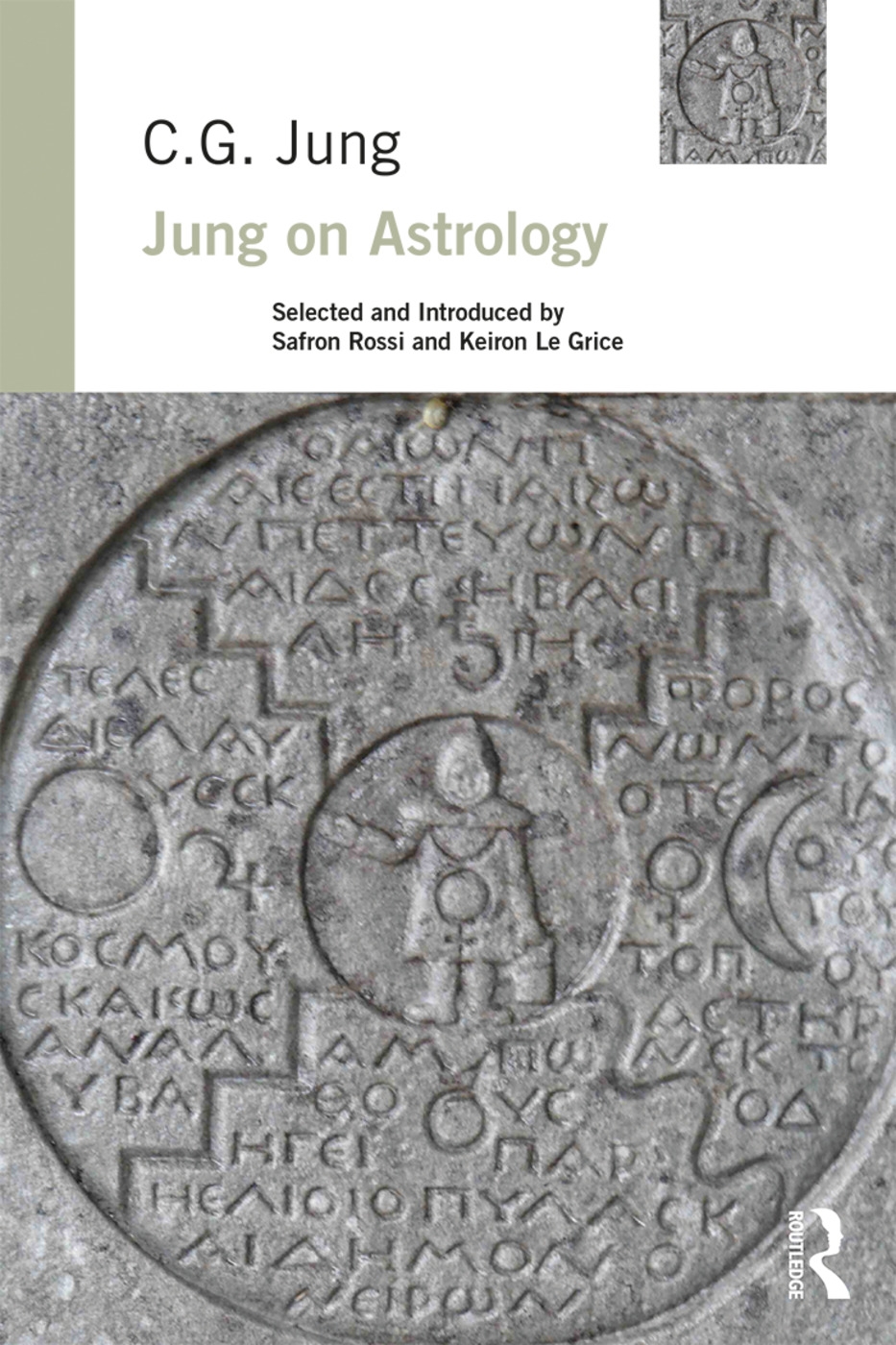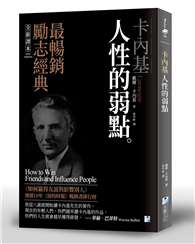Jung on Astrology brings together Jung’s collected thoughts on astrology in a single volume for the first time, significantly adding to our understanding of Jung’s work.
Jung’s collected works, seminars, and letters contain numerous discussions of this ancient divinatory system, and Jung himself used astrological horoscopes as a diagnostic tool in his analytic practice. Understood in terms of his own psychology as a symbolic representation of the archetypes of the collective unconscious, Jung found in astrology a wealth of spiritual and psychological meaning and suggested it represents the "sum of all the psychological knowledge of antiquity."
The selections and editorial introductions by Keiron Le Grice and Safron Rossi address topics that were of critical importance to Jung—such as the archetypal symbolism in astrology, the precession of the equinoxes and astrological ages, astrology as a form of synchronicity and acausal correspondence, the qualitative nature of time, and the experience of astrological fate—allowing readers to assess astrology’s place within the larger corpus of Jung’s work and its value as a source of symbolic meaning for our time. It concludes with an editorial conclusion which explores the place and archetypal nature of planetary symbolism in the Red Book and explores the theme of polarities in Jung’s work.
The book will be of great interest to all Jungian therapists and scholars of depth psychology, as well as to astrologers and therapists of other orientations, especially transpersonal.











